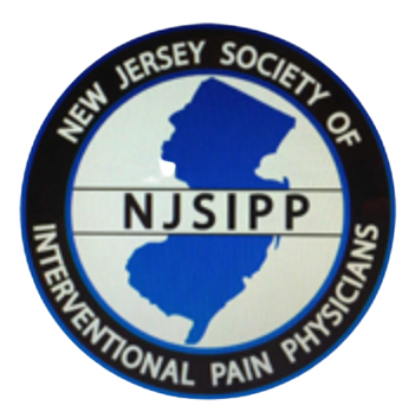 | New Jersey Society of Interventional Pain PhysiciansAn Affiliate of the American Society of Interventional Pain Physicians |
advocacy
The New Jersey Society of Interventional Pain Physicians is the New Jersey branch of the American Society of Interventional Pain Physicians. The mission of our Society is to educate physicians in the development of safe, cost effective, high quality interventional pain management techniques and safe office practices, to advocate for and facilitate legislation which will promote access to high quality care for New Jersey citizens, and to educate the public, state and other health officials, insurance companies and allied health personal on what treatments are available to alleviate pain and eliminate the problems associated with it.
New Jersey State Legislative Update
Laurie Clark –Legislative Counsel to NJSIPP July 24, 2024 An incredibly active legislative “budget” session ended on June 28. Highlights below:
Medical Debt Bill Package Split – A3861/S2806 Signed into law After a whirlwind budget session, months of work on the “Medical Debt Relief” package ended in A3860/S2795 which establishes certain medical billing practices remaining in the Senate Commerce Committee chaired by Senator Nellie Pou. As previously reported, through the diligent work of the Access to Care Coalition and the New Jersey Hospital Association clarifying amendments were adopted which alleviated many of the burdens contained in the original bill. However, I am very pleased that we have the opportunity to continue our work on this. The “Louisa Carman Medical Debt Relief Act” A3861/S2806 was signed on July 22. The language in the new law is as follows: The law, specifically, prohibits a medical creditor or medical debt collector from:
The bill also provides certain protections to patients with medical debt from collection actions by medical creditors and medical debt collectors and provides that any portion of a medical debt furnished to a consumer reporting agency in violation of the bill will be void Lastly, the bill provides that the Office of the Attorney General is the sole and exclusive authority to enforce violations of the bill. A medical creditor or medical debt collector that violates a provision of the bill may be subject to a civil penalty and may be ordered by the Attorney General to restore to interested parties any moneys or property acquired by means in violation of the bill. The bill clarifies that nothing in the bill provides the basis for a private right of action arising solely from a violation of the bill. The law applies to all claims occurring on or after July 22 with respect to the credit and collections provisions. More regulations will be proposed over the next year. More to come… |
